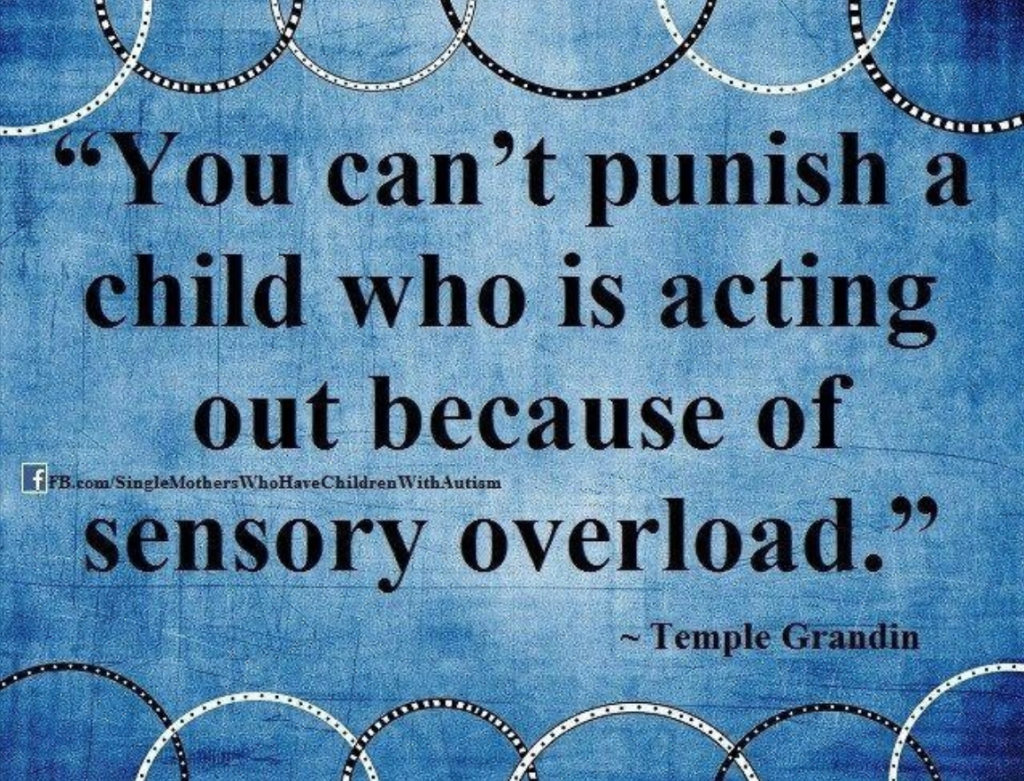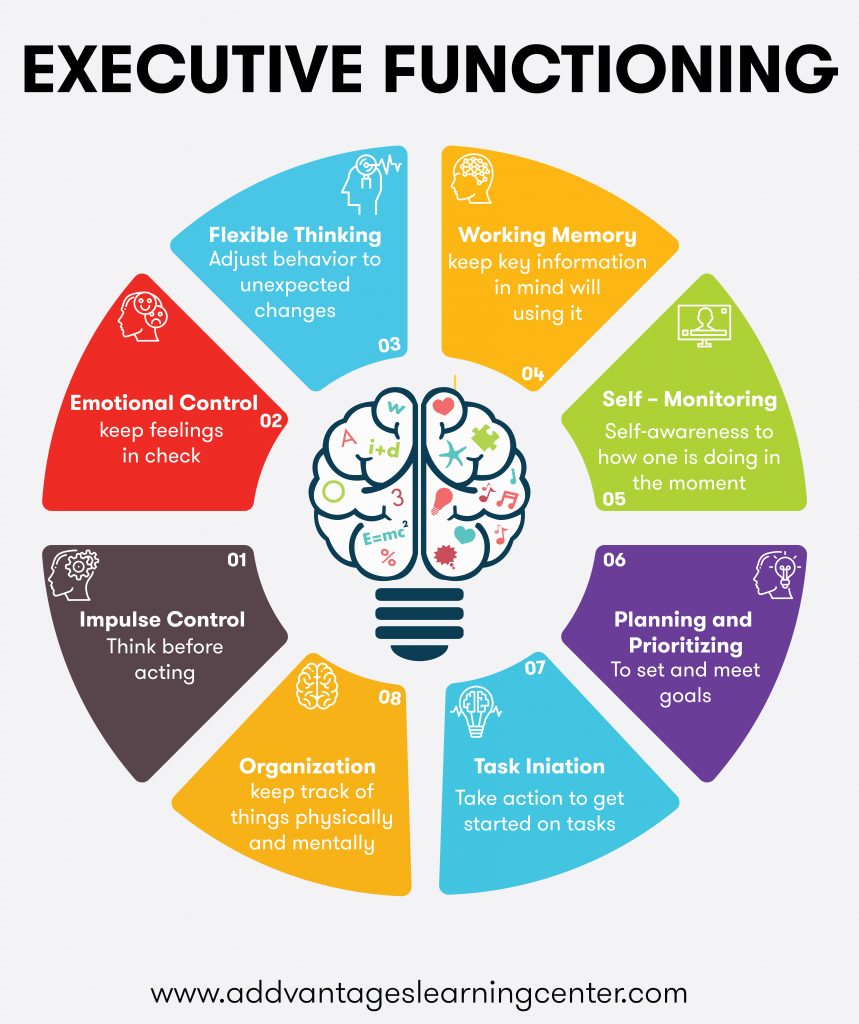Dear Director: Behavior=Clues Edition
Dear Director,
We recently adopted 2 siblings, ages 7 and 9. They certainly had a rough upbringing, both emotionally and sexually abused. We are so thrilled to become their parents and to give them a wonderful life. Problem is we had to start working with a team of counselors as the 9-year-old is just terrible and unmanageable. She hates being told what to do and will have meltdowns if she doesn’t get her way that can last all day. Additionally, she seems to freak out at the strangest times with no apparent reason. Our therapist says to look behind her behaviors; that her behaviors are a form of communication. We just don’t believe that. She just seems manipulative, ungrateful, and controlling.
Signed, doubtful about all this mumbo-jumbo about behaviors as clues
Dear Director: Behavior=Clues Edition Read More »










